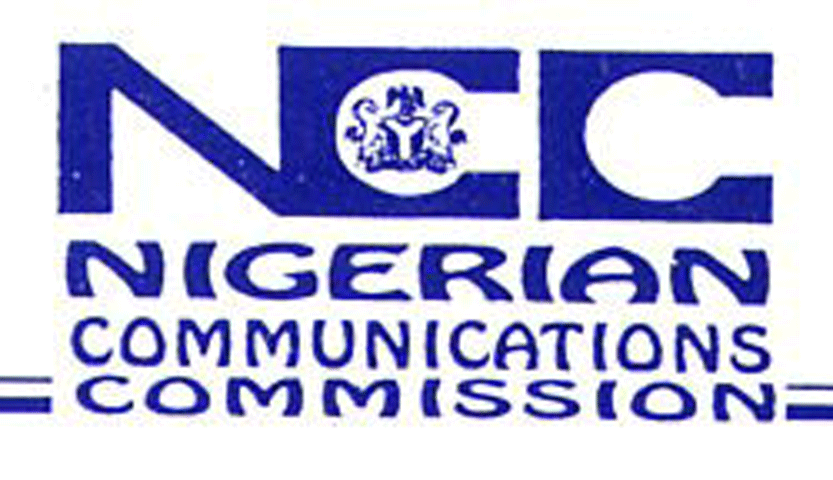
The Minister of Communications and Digital Economy, Professor Isa Ali Ibrahim Pantami has frowned at the activities of illegal users of frequency spectrum in the domestic economy, noting that its constitute a huge economic loss to the country.
He said going by available statistics, unapproved frequency spectrum which aught to be adding value to the country’s GDP, just like what is obtainable in other clime is being siphoned by some characters who do not mean well for Nigeria.
Radio frequency spectrum refers to a specific range of frequencies of electromagnetic energy that is utilized to communicate information.
Prof. Pantami made this remarks recently during the Radio Frequency Monitoring Week in in Kano State.
According to Pantami, who claimed that the activities of illegal users of frequency spectrum are becoming worrisome to government going by available statistics, said “since I took over as the Minister in 2019, the ministry under my watch has clamped down on illegal users of radio frequency spectrum to the extent that in 2020, 106 illegal users were detected in one radio monitoring activity across the country. While in 2021, a total of about 140 illegal users were detected in another radio monitoring activity.”
“This scenario should not be allowed to continue because it poses a great danger to the country. For this reason therefore, the ministry has procured and commissioned state-of-the-art equipment that is capable of monitoring, detecting, locating and denying service to sources of electromagnetic emissions. These equipment are deployed to each of the International Radio Monitoring, Interference and Survey Centers (IRMI & SC) at Abuja-FCT that serves North Central zone, Azare, Bauchi state, that serves the North East zone, Gusau-Zamfara state that serves the North West zone, Ipaja-Lagos state that serves South West zone, and Ogoja-Cross River state that serves South South zone. While the sixth is due to be commissioned soon.
“Through these, the Ministry hopes to technically deal with illegal users. Hence there is the dire need for members of the public, companies, public and private sector entities in the North – West region to be technically and financially compliant with the requirements for use of radio frequency spectrum and operation of radio-communication equipment to avoid facing prosecution, according to the law.
Speaking further on the Radio Frequency Monitoring Week, Prof Pantami who reeled-out the success of the first edition held in Port-Harcourt, River State, said it’s s aimed at sensitizing the people that the continual use/sale of frequency enabled devices such as Walkie-Talkies without license is a disservice to Nigeria.
“This situation should not continue due to the damaging effect it has on our productivity as a nation. Hence, ministry decided to take this sensitisation to the door steps of vendors/users instead of waiting for them in order to have government’s intentions appreciated.
He explained that “The Ministry of Communications and Digital Economy is saddled with the responsibilities of managing all Private Mobile Radio frequency spectrum, which also includes the mandate to enforce compliance with set rules in order to ensure decent conduct on the use of radio-communication facilities by operators. In exercise of this mandate, relevant departments in the ministry usually and regularly go out to premises of vendors/users of the facilities to check for compliance. The Ministry also organises programmes of this nature to create awareness about this scarce but important resource. This is so that the effort of government to ensure seamless radiocommunications will be appreciated.
Speaking further on the frequency spectrum, Prof. Pantami explained that, “It is a natural scarce but important resource that can, if well managed, support the economies of many countries of the world through the provision of a myriad of radiocommunications services in Information and Communications Technologies, Maritime, Aviation, Education, Financial sectors, just to mention but a few of them. It is also the driver of modern day wireless technologies and because it is not limited by geographical locations it can travel several distances.
“Radio frequencies can be generated from anywhere and used to communicate wirelessly either in a closet or in the open, for useful ventures or clandestine purposes. In view of the importance of this resource in driving the economy of nations, there is need for its efficient and effective use and management.
“Today, with emerging technologies, many more applications are coming up thereby creating new products, new industries, new opportunities, new knowledge arrears, and even new challenges. Most of these challenges stem from the proliferation of generic radios being imported into the country and used by citizens, who claim to be ignorant of its implication on the country. These radios communicate on unlicensed frequencies. The effect of this is that the operating frequencies on these devices interfere with the frequencies that might have been assigned to other services thereby leading to cross talk and distorted communication”, he added.






